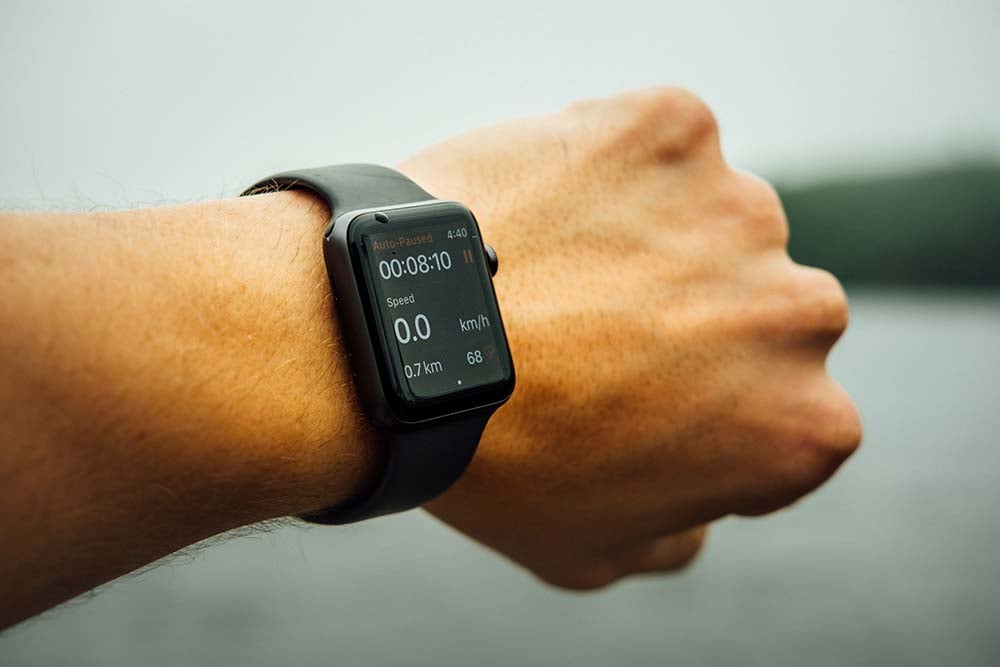
Driver fatigue is a significant cause of road accidents worldwide, often leading to severe injuries and fatalities. With the advent of wearable technology, smartwatches have become more than just devices for fitness tracking and notification management. They now possess the potential to serve as early warning systems for detecting signs of driver fatigue. By continuously monitoring various physiological and behavioral data points, such as heart rate, skin temperature, and movement patterns, smartwatches can potentially alert drivers to early signs of tiredness before it impacts their ability to safely operate a vehicle.
Researchers and automotive safety experts are keenly interested in the capabilities of smartwatches to enhance road safety. These devices use sophisticated algorithms to analyze the data collected and identify patterns that may indicate a decline in alertness. For instance, a significant change in heart rate variability could suggest a drop in a driver's concentration levels, triggering an alert to take a break. This technology points toward a proactive approach to preventing accidents caused by driver fatigue, shifting the focus from reaction after incidents occur to prevention before they have a chance to happen.
The integration of smartwatch technology into the realm of automotive safety represents a promising frontier. However, it also raises questions regarding the effectiveness, reliability, and privacy implications of using such personal devices in this context. As these wearable devices continue to evolve, the potential for smartwatches to reduce the risk of driver fatigue-related accidents remains an important topic for further exploration and discussion within both the tech and automotive industries.
Detection of Fatigue in Drivers
Detecting driver fatigue early is crucial to prevent accidents related to driving tired. Smart watches are equipped with technologies that hold the potential to monitor physical and physiological signals indicative of fatigue.
Technologies Used in Smart Watches
Smart watches utilize a combination of sensors and software algorithms to detect signs of fatigue in drivers. These include:
- Heart rate monitors: Measure the user's heartbeat for signs of drowsiness or unusual patterns.
- Motion sensors: Such as accelerometers and gyroscopes, identify micro-sleeps and periods of inactivity.
- Galvanic skin response sensors: Detect changes in skin conductivity which can indicate stress or fatigue.
- Ambient (News - Alert) light sensors: To assess whether it's day or night, which affects the circadian rhythm and thus fatigue levels.
Effectiveness of Smart Watches for Fatigue Detection
Research into the effectiveness of smart watches for fatigue detection in drivers indicates:
- Variance in alertness: Smart watches can reliably track changes in heart rate and motion, which are correlated with a driver's alertness and can indicate the onset of fatigue.
- Response time: They provide real-time monitoring, enabling prompt detection that can alert drivers before their condition worsens.
However, while these technologies are promising for the detection of fatigue, the effectiveness can be influenced by individual differences and environmental factors and is not a substitute for responsible driving practices, such as taking regular breaks.
Implications and Legal Considerations
Smart watches have the potential to transform road safety by alerting drivers of fatigue. This technology could reduce accidents, impacting legal frameworks associated with driving regulations and personal injury claims.
Preventing Accidents and Personal Safety
Smart watches, equipped with biometric sensors, could serve as an early warning system by detecting signs of driver fatigue — such as decreased heart rate variability or increased eye closure frequency. When signs of fatigue are detected, a smart watch could prompt the driver to take a break, thus preventing potential accidents. The adoption of this technology in vehicles may eventually lead to legislative measures requiring fatigue detection devices in certain industries, enhancing personal safety on the roads.
Role of Personal Injury Attorneys in Fatigue-Related Accidents
If a driver involved in an accident was not using available fatigue-detection technology, a personal injury attorney might argue negligence. The attorney could contend that there was a failure to utilize available safety measures, which might have prevented the accident. Conversely, if a driver was using a smart watch, and it failed to alert them of fatigue, an attorney might question the reliability of the device, potentially leading to complex litigation regarding product liability.
